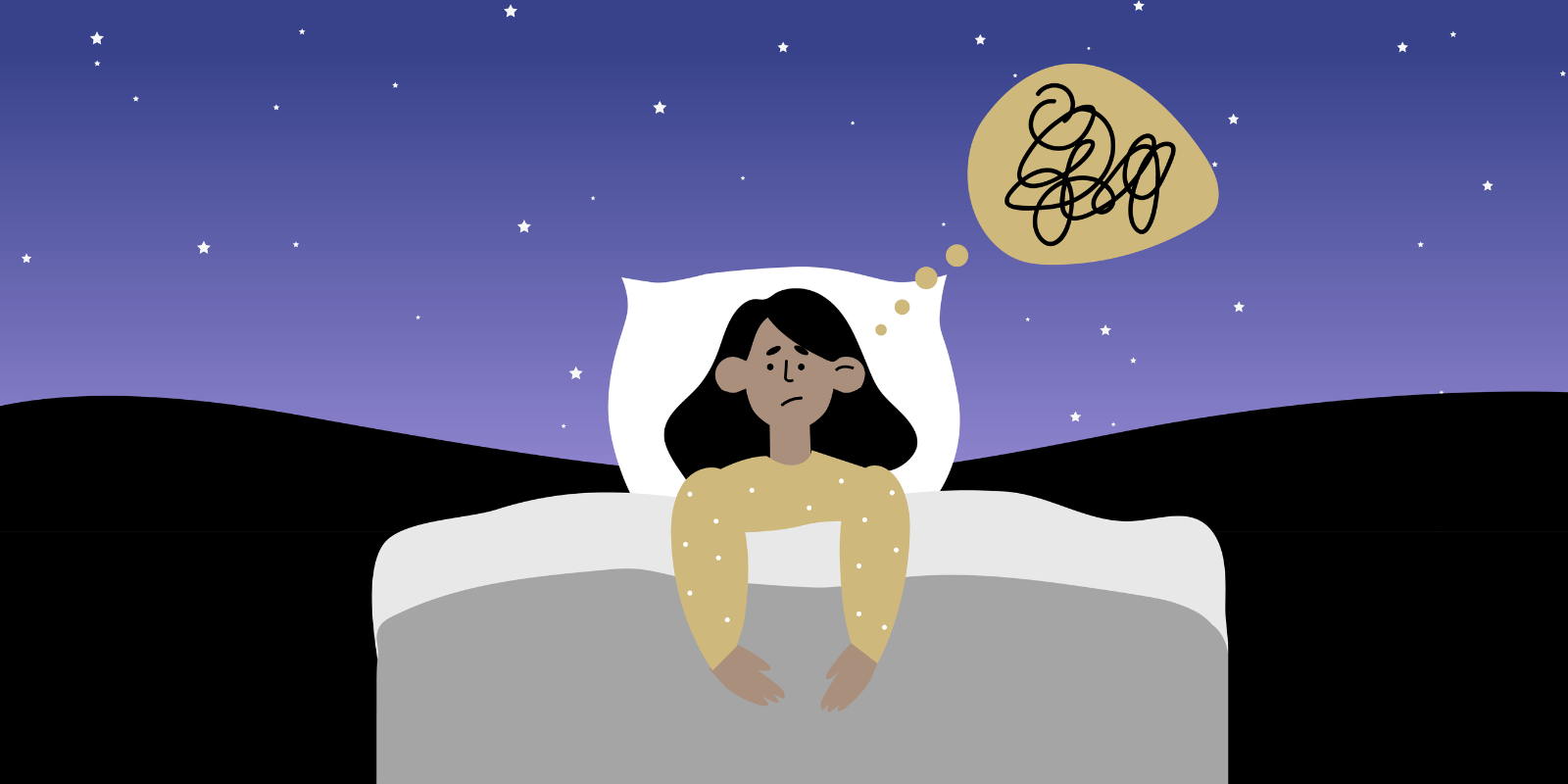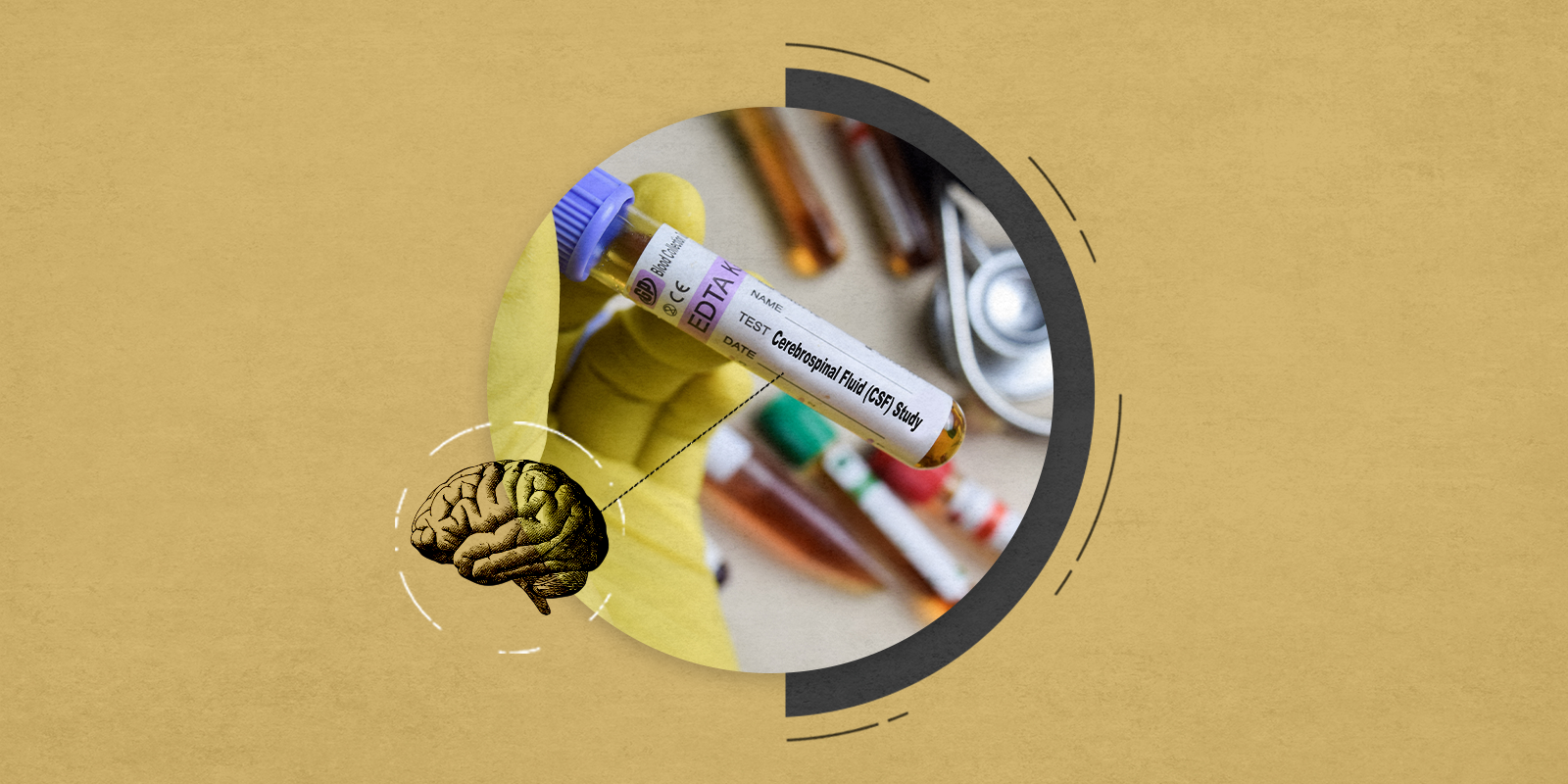Worrying about tomorrow’s test or Friday’s work presentation could trigger stress and steal sleep from a person’s night or week. Generally, it’s no big deal. But what if stress never goes away, looming overhead like an ever-present rain cloud that bursts every night, soon after the head hits the pillow?
“There’s a really strong bi-directional relationship between stress and sleep,” said Stacey L. Simon, PhD, DBSM, associate professor of pulmonary and sleep medicine at the University of Colorado School of Medicine. “High levels of stress can increase arousal at bedtime, which makes it much more difficult to fall asleep.”
Stressors that rain down can be profound, such as worries about finances or the nation’s future, or mundane, such as a daily sense of overwhelm about work and home schedules.
“When we’re stressed, we may have intrusive negative thoughts that can make it hard to turn off our brain in order to relax and get to sleep,” said Simon, who studies sleep and circadian rhythms with a focus on women (who have a higher prevalence of insomnia) and teen girls (in hopes of changing behaviors for prevention).
“And then, conversely, when we don’t get enough sleep at night, that can impact our ability to regulate our emotions during the day and make us even more susceptible to stress.”
See related story: When a Gummy Won’t Do It: Tips to Maintaining a Sleep Cycle for Health
It’s a vicious cycle capturing more people in today’s changing times.
“There has been so much going on in the news recently that leaves a lot of people feeling stressed, uncertain, anxious,” said Simon, who works in the sleep clinic at Children’s Hospital Colorado and conducts studies with the Ludeman Family Center for Women’s Health Research on the CU Anschutz Medical Campus.
Mass shootings, social divisiveness, housing costs and environmental issues topped other concerns in the latest annual national survey on stress by the American Psychological Association. Over three-quarters of respondents cited the future of the nation as a major source of anxiety.
“It definitely sounds like it is impacting a lot of people,” Simon said. “And we know stress can impact our physical and mental health, so this is definitely concerning.”
Simon explained how lack of sleep affects health – from triggering weight gain and high cortisol levels to sabotaging memory and mental health – in the Q&A below. She discusses how to address slumber problems in an accompanying Q&A.
See more stories in the CU Anschutz Newsroom Sleep Series.





